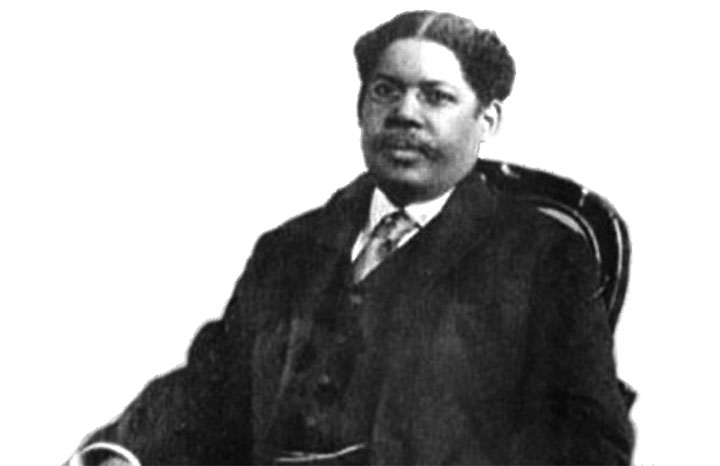
For Juan Gualberto Gómez, the son of slaves who was born free on July 12, 1854 in the city of Matanzas, nothing was more important than his full dedication to the pro-independence revolution led by his compatriots and to a militant journalism in favor of justice at the dawn of anti-imperialist demands and the struggle for national sovereignty.
He could be said to have come into the world with good fortune, as his parents were able to buy his freedom before he was born thanks to their mistress, who eventually took the boy under her wing and paid first for his elementary education in Havana and then a career in Paris, where he was taken for a time to live with her wealthy family.
Whether it was out of altruism or affection, the woman had to notice something very good in Juan Gualberto, whose moral character and intelligence never let her down and helped him become a renowned journalist at a time when the abolition of slavery was merely a dream in his homeland.
His personal and intellectual qualities led José Martí, Delegate of the Cuban Revolutionary Party and a personal friend, to entrust him with the organization of the national liberation campaign in 1995, based on the National Hero’s great trust in and affection for Juan Gualberto, a fact highlighted by many historians and to which the latter responded with devotion, hard work, and talent even in the middle of adverse circumstances.
While living in Paris in his early youth alongside his guardians, he went to night school and learned the trade of carriage-making during the day, thus forging a solid, principled culture that drew from the best and highest universal sources.
When he returned to Cuba in 1878, he met José Martí on a trip that the future Apostle of Cuban independence was making incognito because he was living abroad as an exile. They developed a great friendship, typical of people with similar political and cultural ideals.
Shortly after the difficult period in the aftermath of the First War of Independence (1868-1878) and the Pact of Zanjón, Juan Gualberto was deported to Spain because of his ties to the conspirators of the Little War (1879-1880), and he was unable to return until 1890, when he strengthened his link with Martí during the preparations for the ultimate war, the Revolution of '95.
Juan Gualberto had a difficult task ahead and, despite his efforts and those of other worthy patriots, the uprising of February 24, 1895 in the province of Matanzas was a failure. To top it all off, he was taken prisoner again and deported to France.
When Spanish rule ended in 1898, the journalist traveled to the United States, where he collaborated with the Cuban Revolutionary Party before returning to Cuba for good that same year.
When the US intervention thwarted the mambi victory over the Spanish army, his undeniable prestige led him to be elected delegate to the Assembly of Representatives of the Cuban Revolution, which opened on October 24, 1898.
Involved in actions and protests, in 1900 he was elected delegate for the East to the Constituent Assembly, where he fought against the Platt Amendment. He died of natural causes in 1933, holding fast to his convictions and principles, always in favor of the Republic he conceived with Martí.
A true patriot and a fighter for just causes, Juan Gualberto Gómez's service record in journalism is no less praiseworthy. The Union of Cuban Journalists is proud to recognize him as a master of the craft in national history and has honored him by establishing a prize in his name.
Sidebar

 Agencia Cubana de Noticias
Líder en información nacional
Agencia Cubana de Noticias
Líder en información nacional








Nos reservamos el derecho de no publicar los comentario que incumplan con las normas de este sitio